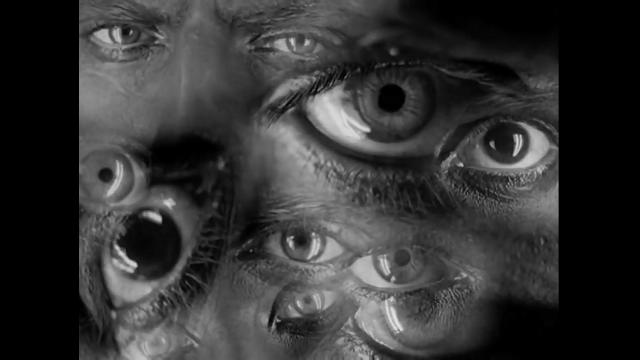In 1927, Germany was under the rule of the Weimar Republic, a democratic government formed after the German revolution that followed the end of World War I. At its foundation, the government tended to favor middle-class bourgeois government parties over socialist, communist, or populist parties. But, by 1927, Germany was seeing the rise of the National Socialist Worker’s Party. Originally, the Nazi party was founded on anti-capitalist, anti-big-business propaganda, but later moved strictly into racist nationalism as the American banks pulled out of the country and the economy completely fell apart.
Metropolis was written by Thea von Harbou, then-wife to director Fritz Lang. Though we rarely talk about it now, Thea von Harbou was a Nazi sympathizer at the time of the creation of Metropolis, and would later become a card-carrying member of the party. Her participation was so prominent, she was jailed in Britain for months after World War II, and her associations with the party were the primary reason for Lang’s divorcing her.
Before all that, she wrote Metropolis, a big bolshy 2.5 hour anti-capitalist screed that demonized the ultra rich and warned against false leaders. At the tops of the city, the ultra rich celebrated their extreme wealth by frolicking in large gardens and decadent bars with free-flowing alcohol and naked women. Below the city, the workers toiled long hard hours without reaping any of the rewards of their hard labor. The capital stayed at the top while the effort was at the bottom.
Enter Maria, a prophet for the people who quells uprising while promising a utopia. It works until the rich decide to quell future uprisings by fooling them with a fake Maria, a false prophet, who gets them to lead an ultimate uprising that completely endangers their children. Both the big business management only keeping an eye out for their bottom line and the radical uprising of the people determined to take the means of production for themselves are demonized. Metropolis aims for a happy middle ground, with a mediator to advocate between the groups. It’s a pro-union message that is both anti-communist and anti-big business; a message that played into the hands of Nazi propaganda. Stateside, in the roaring 20s boom before 1929’s Black Tuesday brought the economy to its knees, the message was seen as heavy-handed horse pocky despite its marvelous technical achievements. But, in Nazi Germany, Joseph Goebbels saw it and loved it, even trying to recruit Lang as head of Nazi propaganda production.
Today, Metropolis is well known for its pro-union liberal tendencies as well as its technical marvel. The gorgeous visuals are a technical marvel that provide a feast of art deco beauty and German Expressionism. But, we rarely hear about its initial place in history, promoting a party that, well…we know how that all turned out. In later conversations with Peter Bogdonovich, Lang told him that he found the movie “silly” and “stupid,” a “fairy tale” of a socially conscious film.
This begs the question, how much does a message actually matter to a movie? Birth of a Nation is a ragingly racist movie, but is seen as a technical achievement that moved the cinematic language forward in leaps and bounds. Metropolis was reclaimed as a great science fiction classic, due to its robotics, but was derided for its content upon its release. Even H.G. Wells was drastically critical of the film, seeing it as a low-rent hodge-podge of other, better, science fiction stories.
Metropolis (the 2010 Restoration) streams on Netflix. Though, if I say, I’m never a big fan of the provided silent score. So, may I recommend the Alloy Orchestra score which gives it a proper industrial feel that embraces the sound of the factory.
Below is Fritz Lang talking about his meeting with Joseph Goebbels.


